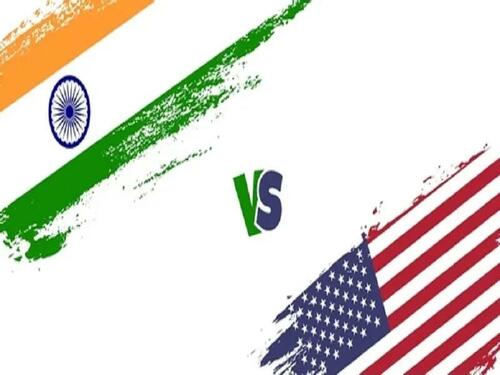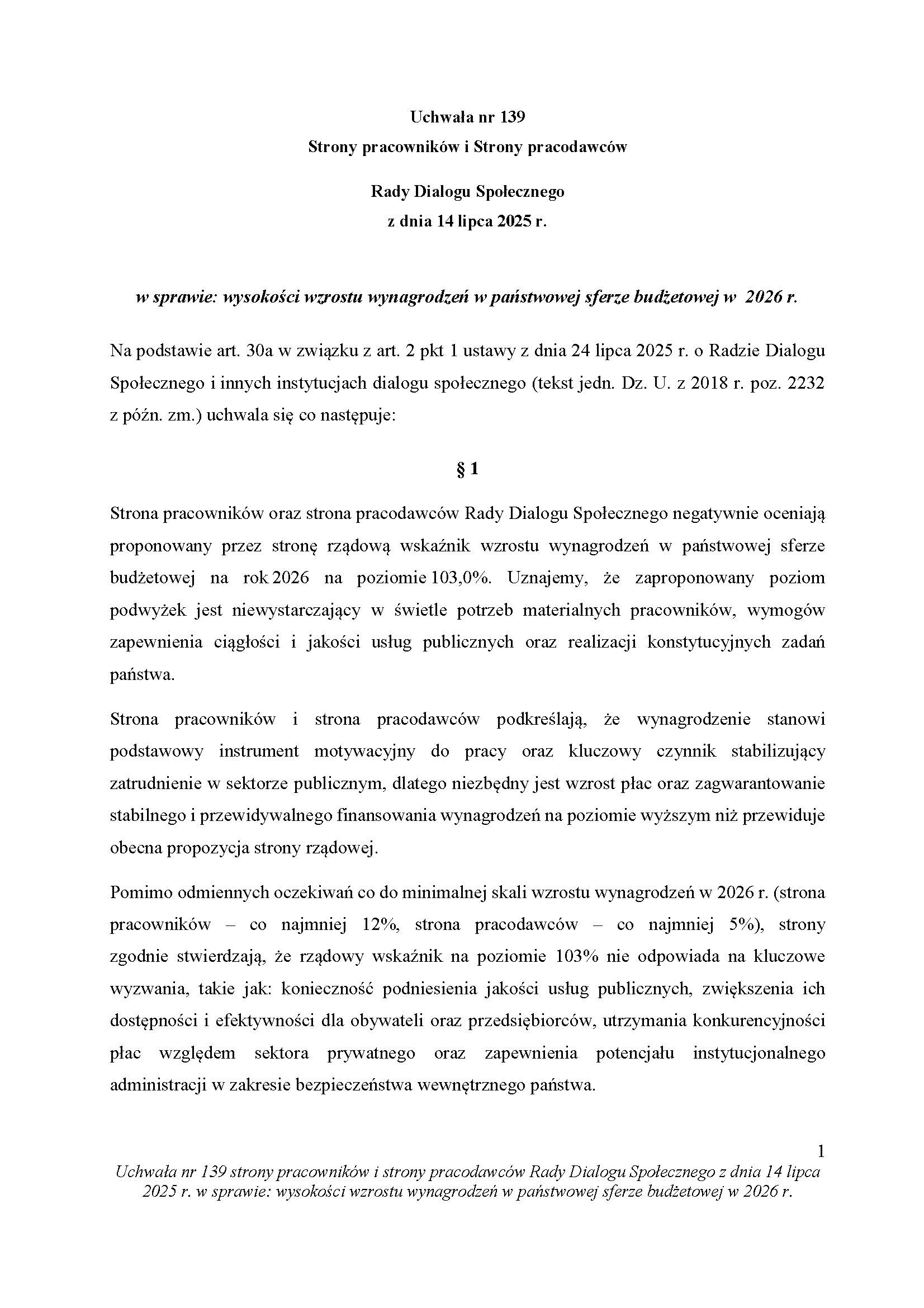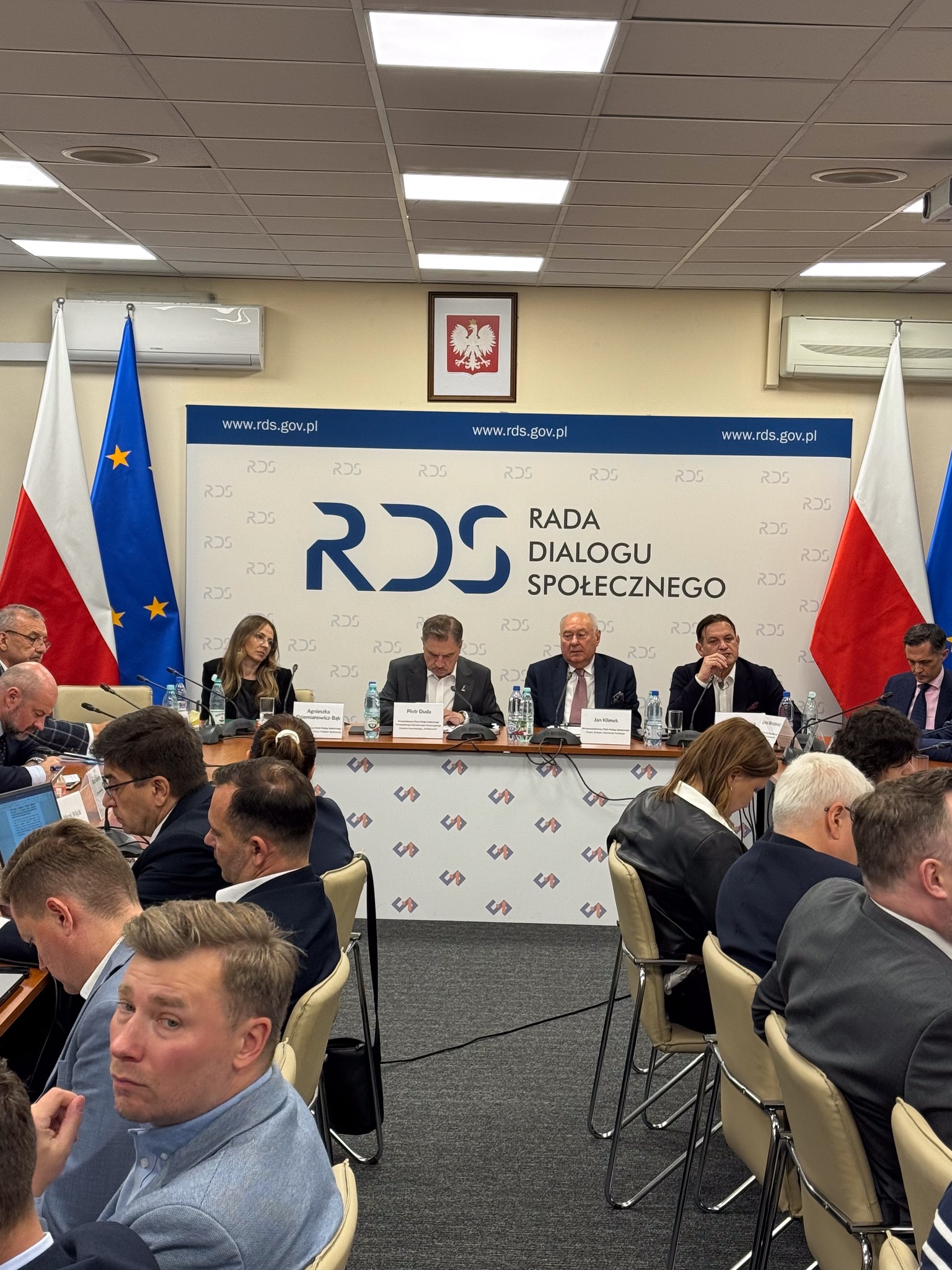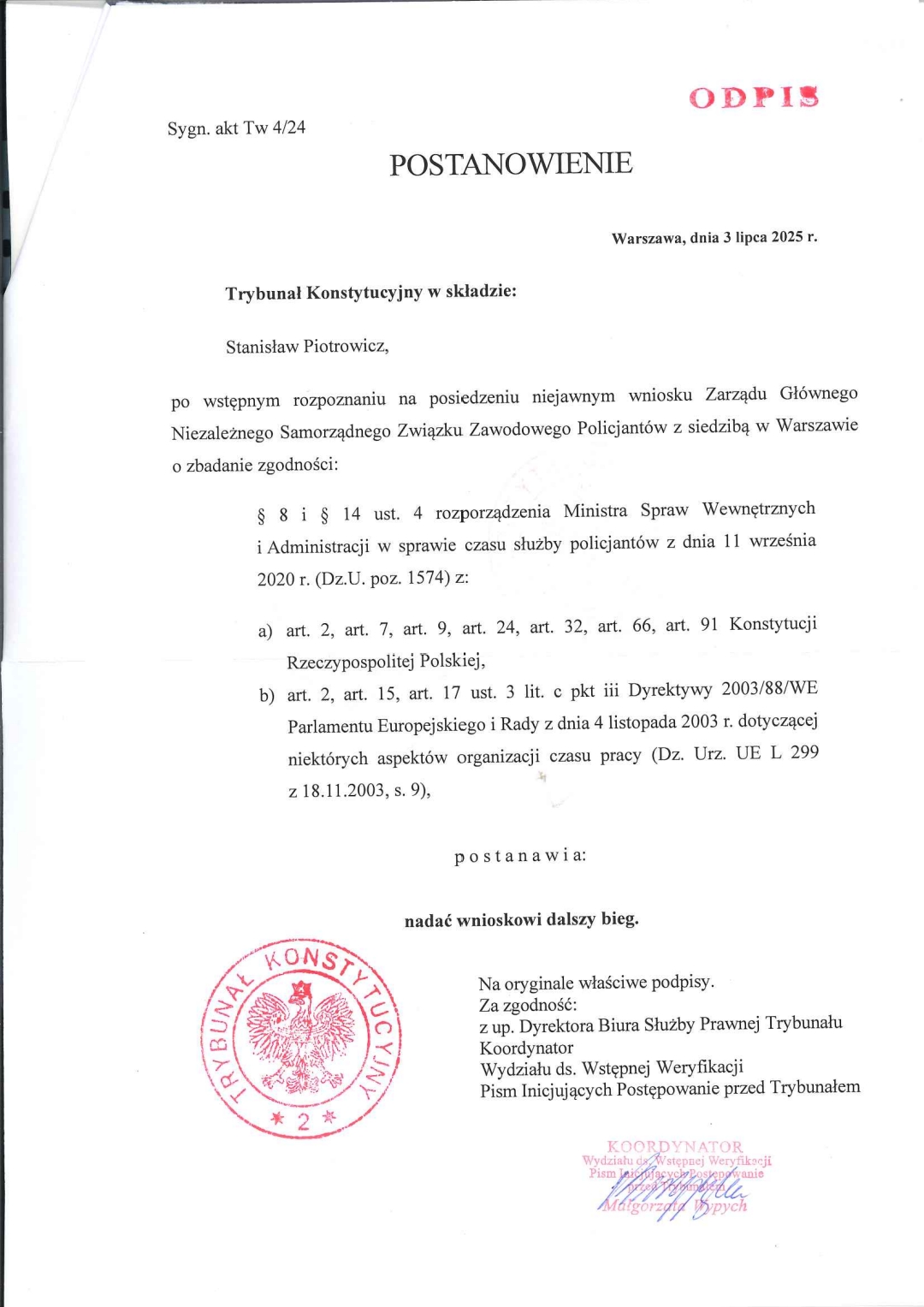
Is Trump Hellbent On Derailing India’s Rise As A Great Power
Authored by Andrew Korybko via Substack,
Trump raged against India on Wednesday in a series of posts announcing his 25% tariff on its exports on the pretext of its trade barriers and close ties with Russia.
He then announced an oil deal with Pakistan and predicted that “maybe they’ll be selling Oil to India some day!”
His final post described India’s economy as “dead” and claimed that “We have done very little business with India” despite it being the fastest-growing major economy in the world and bilateral trade amounting to nearly $130 billion in 2024.
 India’s Ministry of Commerce & Industry calmly responded to Trump’s tariff announcement by reaffirming its commitment to talks and declaring that the state “will take all steps necessary to secure our national interest”, which likely infuriated him since he probably expected Modi to anxiously call him.
India’s Ministry of Commerce & Industry calmly responded to Trump’s tariff announcement by reaffirming its commitment to talks and declaring that the state “will take all steps necessary to secure our national interest”, which likely infuriated him since he probably expected Modi to anxiously call him.
The favorable trade deal that he clinched with Japan last week and the totally lopsided one with the EU that followed emboldened him into playing hardball with India upon thinking that it’ll fall into line too.
The US wants India to open its agricultural and dairy markets, stop its massive import of discounted Russian oil, and rapidly diversify away from Russian military equipment.
Complying with the first demand would be disastrous for the 46% of the Indian workforce employed in these industries, however, while the second would risk decelerating its economic growth and the third would make its security dependent on the US. The end result would therefore derail India’s rise as a Great Power and turn it into a US vassal.
Trump is hellbent on doing precisely that, which is the continuation of Biden’s policy, as explained below:
* 13 December 2022: “Will The US Sell India Out To China To Sweeten The Deal For A Sino-American New Détente?”
* 14 May 2025: “There Might Be A Method To The Madness Of Trump Unexpectedly Damaging Indo-US Ties”
* 16 May 2025: “Trump’s Desired Return To Bagram Airbase Could Reshape South Asian Geopolitics”
* 7 June 2025: “The US Is Once Again Trying To Subordinate India”
* 13 July 2025: “The US-Pakistani Rapprochement Could Have Far-Reaching Geostrategic Consequences”
These analyses will now be summarized for the reader’s convenience and placed in the current context.
In brief, India’s Russian-assisted rise as a Great Power hastens the coming of tri-multipolarity that’ll in turn help midwife complex multipolarity, which would greatly reduce the likelihood of ever restoring US-led unipolarity or the short-lived period of informal Sino-US bi-multipolarity (“G2”/“Chimerica”).
Russia’s special operation and the West’s reaction to it revolutionized International Relations and created the opportunity for India to make up for lost time in becoming a Great Power with truly global influence.
The US responded to these developments by attempting to subordinate India via election meddling, infowars, and dual geopolitical pivots to Bangladesh (whose prior long-serving leader it helped depose) and Pakistan to pile on the pressure in pursuit of this goal or to contain India if it still refuses to concede.
Complementary elements of this pressure campaign include political support for Delhi-designated “Khalistani” separatists-terrorists and spring 2023’s violent ethno-religious unrest in Manipur.
If Trump’s tariffs don’t coerce India into becoming a US vassal, which the US would then exploit to coerce concessions from China in advance of its ultimate goal of restoring unipolarity, then he might settle for letting China subordinate India instead as part of the “G2”/“Chimerica” scenario.
Either way, he doesn’t expect India’s rise as a Great Power to continue due to the zero-sum dilemma in which the tariffs were meant to place it between becoming the US’ or China’s vassal, but India might still surprise everyone.
Tyler Durden
Thu, 07/31/2025 – 20:05
















